The Syrian Civil War transformed Syria into a battleground for regional powers seeking to advance their strategic interests. Among these powers, Turkey and Israel have emerged as pivotal actors, each pursuing distinct objectives that often clash, exacerbating instability in Syria. While Turkey’s ambitions in Syria are driven by consolidating the authority of the new regime in Syria to dissolve and disarm Kurdish armed groups, Israel emphasises supporting the Druze in the south of Syria and the Kurdish groups in the east of Syria to limit the functionality of the new Syrian government. Israel has also other strategic interests in Syria, such as countering Iranian influence and establishing buffer zones in southern Syria to separate Syrian forces from the Israeli-occupied Golan Heights.
Turkey’s Interests in Syria
Since the onset of the Syrian Civil War in 2011, Turkey’s involvement has evolved from diplomatic condemnation of the Assad regime to direct military engagement, reflecting its ambition to position itself as a regional hegemon. The shift in Turkish foreign policy resulted in increasing Turkish influence in the northwest and east of Syria, especially after Turkey waged three different military operations (Euphrates Shield, Olive Branch, and Dawn of Freedom) with the support of the opposition armed groups to fight Kurdish armed groups. These military operations aimed mainly at creating a 30-kilometer-deep buffer zone in northern Syria, expelling Kurdish forces and preventing the emergence of a contiguous Kurdish entity. These operations have displaced over 1.1 million people, including Kurds, and entrenched Turkish control over northern Syrian territories, where Ankara has introduced its currency and established administrative institutions.
Turkey emphasises combating Kurdish autonomy, particularly the Syrian Democratic Forces (SDF), which controls significant territories in northeastern Syria. Ankara views the SDF, led by the People’s Protection Units (YPG), as an extension of the Kurdistan Workers’ Party (PKK), a designated terrorist organization responsible for a decades-long insurgency within Turkey. The prospect of a semi-autonomous Kurdish region along its border constitutes a real threat to the national security of Turkey, as it could inspire separatist movements among its own Kurdish population, comprising nearly 18-20% of the Turkish population.
The Turkish vision has also entailed supporting Sunni Islamist factions, such as the Syrian National Army (SNA) and, indirectly, Hayat Tahrir al-Sham (HTS) until its dissolution in 2024, to shape a post-Assad Syria aligned with Ankara’s interests. Turkey’s economic goals include securing trade routes and potential energy projects, such as a proposed Qatar-Syria-Turkey gas pipeline, which would bolster its role as an energy hub.
Turkey’s broader objectives include facilitating the return of approximately 4 million Syrian refugees hosted within its borders, a pressing domestic issue amid rising anti-refugee sentiment. By stabilizing Syria under a government perceived to be an ally to Ankara, Turkey aims to create safe zones for repatriation, which might result in easing internal political pressures.
To further achieve this goal, Turkey seeks to create military bases in Syria to consolidate its influence in the fragile country, and to be able to provide quick and efficient military support to the new Syrian government against threats that might arise internally. Establishing bases, potentially near strategic sites like Palmyra or T4, would enable Turkey to monitor and contain Kurdish movements, disrupt SDF supply lines, and assert dominance in border regions. Furthermore, a military presence strengthens Turkey’s leverage in shaping Syria’s post-Assad political order, ensuring a government aligned with its interests while facilitating the return of refugees.
Turkey also seeks to sign military agreements with Syria to provide it with advanced weapons, which will boost the Turkish military industry. By supplying the restructured Syrian military with advanced weaponry, such as Baykar drones, TAI helicopters, and Roketsan missiles, Ankara aims to cultivate a dependent ally while showcasing its technological prowess. The success of Turkish drones in conflicts like Ukraine and Libya has already driven defense exports to over $4 billion by 2024, and arming Syria offers a new market for sustained contracts and maintenance deals. Training Syrian forces and potentially co-managing military facilities would integrate Turkish systems into Syria’s defense architecture, creating long-term reliance.
Israeli Interests in Syria
Since the eruption of the Syrian Civil War in 2011, Israel sought to limit Iranian influence in Syria and cut Hezbollah’s supply routes. After the fall of the Assad regime and the rise of the HTS to power, Israel faced serious military threats from Syria. As a result, since the collapse of the Assad regime in December 2024, Israel has intensified airstrikes on Syrian territory, targeting military infrastructure to neutralize potential threats. These operations have focused on destroying advanced weapons stockpiles, including missiles and air defense systems, as well as key airfields such as Hama, T4 in Homs, and sites near Damascus. Israel’s stated objective is to prevent these strategic assets from falling into the hands of hostile groups or being used against its interests. The strikes reflect heightened regional tensions, with Israel aiming to secure its borders amid Syria’s ongoing instability.
Moreover, Israel has cultivated relationships with Syrian minorities, notably the Kurds and Druze, as strategic allies to counterbalance Sunni dominance and secure its northern border. The Syrian Kurds, particularly the SDF, have been viewed favourably by Israel due to their animosity with Turkey and the new Syrian government. Israel has reportedly provided covert support to the SDF, including intelligence and political backing, to challenge Turkish influence in Syria. This support, however, risks escalating tensions with Ankara, which perceives any pro-Kurdish stance as a direct challenge.
Israel’s engagement with the Druze, concentrated in southern Syria’s Suwayda and Daraa governorates, is equally significant. Numbering approximately 50,000 in Suwayda and half a million in Jabal al-Druze, the Druze are seen as natural allies by Israeli officials, including former Foreign Minister Gideon Sa’ar. Israel has publicly committed to protecting Druze communities, citing threats from jihadist factions, and has reportedly armed groups like the Suwayda Military Council (SMC), a militia with ties to Israeli Druze counterparts. These efforts align with Israel’s broader strategy to fragment Syria, fostering autonomous regions that de-functionalise central authority and prevent the emergence of a unified state. Some reports have also indicated that Israel is trying to create a new passage that goes from the Golan heights through areas controlled by the Druze in the south of Syria to end in the East of Syria where SDF controls vast areas. Such plans, if accomplished, can lead to the fragmentation of Syria into smaller states, hence reducing the security threats that Israel might confront from the Syrian side.
Contradictory Interests
Turkish interests in Syria directly contradict those of Israel in Syria. Firstly, Turkish pursuit of a unified Syria directly contradicts Israel’s preference for a decentralized state with autonomous minority regions and demilitarized zones. Moreover, Turkish anti-Kurdish operations clash with Israel’s support for the SDF, which increases the potential for escalating tensions and fuelling proxy conflicts. Currently, Turkey seeks to deploy air defense systems and fighters to some bases in Syria, such as T4 and Hama, attempting to limit Israeli airstrikes in Syria. This provoked Israel to strike several military facilities in Syria, sending a message to Turkey that Israel will not accept any Turkish attempts to limit their air superiority in Syria. Such incidents highlight the risk of direct military confrontation that can lead to instability in Syria. While Turkey is a NATO member, it is not guaranteed that NATO will support it in any military confrontation with Israel. In 2015, Turkey downed a Russian jet after violating its airspace, however, NATO refrained from supporting Turkey, which pushed Turkey at a later stage to normalise its relationship with Russia.
Secondly, Israel’s backing of Druze militias and its buffer zone strategy in southern Syria challenges Turkey’s goal of territorial integrity. The SMC emergence as an Israeli-aligned force threatens Damascus’s authority, encouraging sectarian divisions that could recur civil conflict. Additionally, Israel seeks to employ the Druze held communities as buffer zones in southern Syria, particularly in Quneitra, Daraa, and Suwayda, to separate Syrian forces from the Israeli-occupied Golan Heights, which would limit the military functionality of the Syrian government in any future conflict. Since late 2024, Israel has occupied the 1974 disengagement buffer zone, advancing some kilometres into Syrian territory, laying minefields, and displacing civilians. Prime Minister Benjamin Netanyahu and Defence Minister Israel Katz have demanded the total demilitarization of southern Syria, arguing it is essential to protect Israeli communities from cross-border attacks.
Turkey perceives Israel’s actions as deliberate attempts to fragment Syria through drawing the country into a direct military confrontation. Such confrontation may affect the ability of the new Syrian government to get international recognition. Moreover, any military confrontation between the Syrian government and the Druze would serve the Israeli agenda in Syria, as Israel would employ diplomatic discourse to impose more sanctions on Syria and would also support the Druze militarily, increasing the potential of increasing the duration of the war.
Thirdly, Turkish efforts to stabilize Syria are partly driven by the long-term strategic goal of turning Syria into a key transit route for transporting Qatari natural gas to Europe through Turkish pipelines. This project, if realized, would significantly reduce European dependence on Russian and Israeli gas exports. Such a development directly undermines Israel’s economic and geopolitical ambitions to become a major gas supplier to Europe through its Eastern Mediterranean pipelines. Therefore, Israel views Turkish-Qatari energy cooperation through Syrian territory as a threat to its market share and regional energy influence, reinforcing its interest in keeping Syria fragmented and unstable.
To conclude, the geopolitical competition between Turkey and Israel in Syria reflects a clash of interests. While Turkey prioritises stabilising Syria and dissolving the Kurdish armed groups, Israel emphasises creating buffer zones in the south of Syria and supporting Kurds and Druze armed groups. The competition between the two countries can result in a reoccurrence of the Syrian Civil War and delaying the international recognition of the Syrian government. Both Israel and Turkey met in Azerbaijan in April 2025, to negotiate the preservation of their interests and making sure that their competition in Syria does not turn into an indirect or direct military confrontation.
References
Aydintasbas, A. (2025). Topple, Tame, Trade: How Turkey is rewriting Syria’s Future. European Council on Foreign Relations. https://ecfr.eu/article/topple-tame-trade-how-turkey-is-rewriting-syrias-future/
Cagaptay, S. & Zelin, A. (2025). A New Age for Turkish Relations with Syria. The Washington Institute for Near East Policy. https://www.washingtoninstitute.org/policy-analysis/new-age-turkish-relations-syria
Daily Sabah. (2025). Turkey and Israel meet in Azerbaijan to prevent Syrian Conflict. Daily Sabah, https://www.dailysabah.com/politics/turkiye-israel-meet-in-azerbaijan-to-prevent-syria-conflict/news
Dalay, G. (2024). Turkey has emerged as a winner in Syria but must now use its influence help build peace. Chatham House. https://www.chathamhouse.org/2024/12/turkey-has-emerged-winner-syria-must-now-use-its-influence-help-build-peace
Guneylioglu, M. (2025). Reconsidering Turkey’s influence on the Syrian Conflict. RUSI. https://www.rusi.org/explore-our-research/publications/commentary/reconsidering-turkeys-influence-syrian-conflict
Lister, C. (2025). Israel is escalating its war in Syria. Foreign Policy. https://foreignpolicy.com/2025/03/27/israel-syria-druze-war-assad/
Ozkizilcik, O. (2024). What Turkey does gain from the rebel offensive in Syria. Atlantic Council. https://www.atlanticcouncil.org/blogs/menasource/syria-turkey-rebel-offensive/
Valensi, A New Era in Syria: Winners, Losers, and Implications for Israel. INSS. https://www.inss.org.il/publication/syria-new-era/


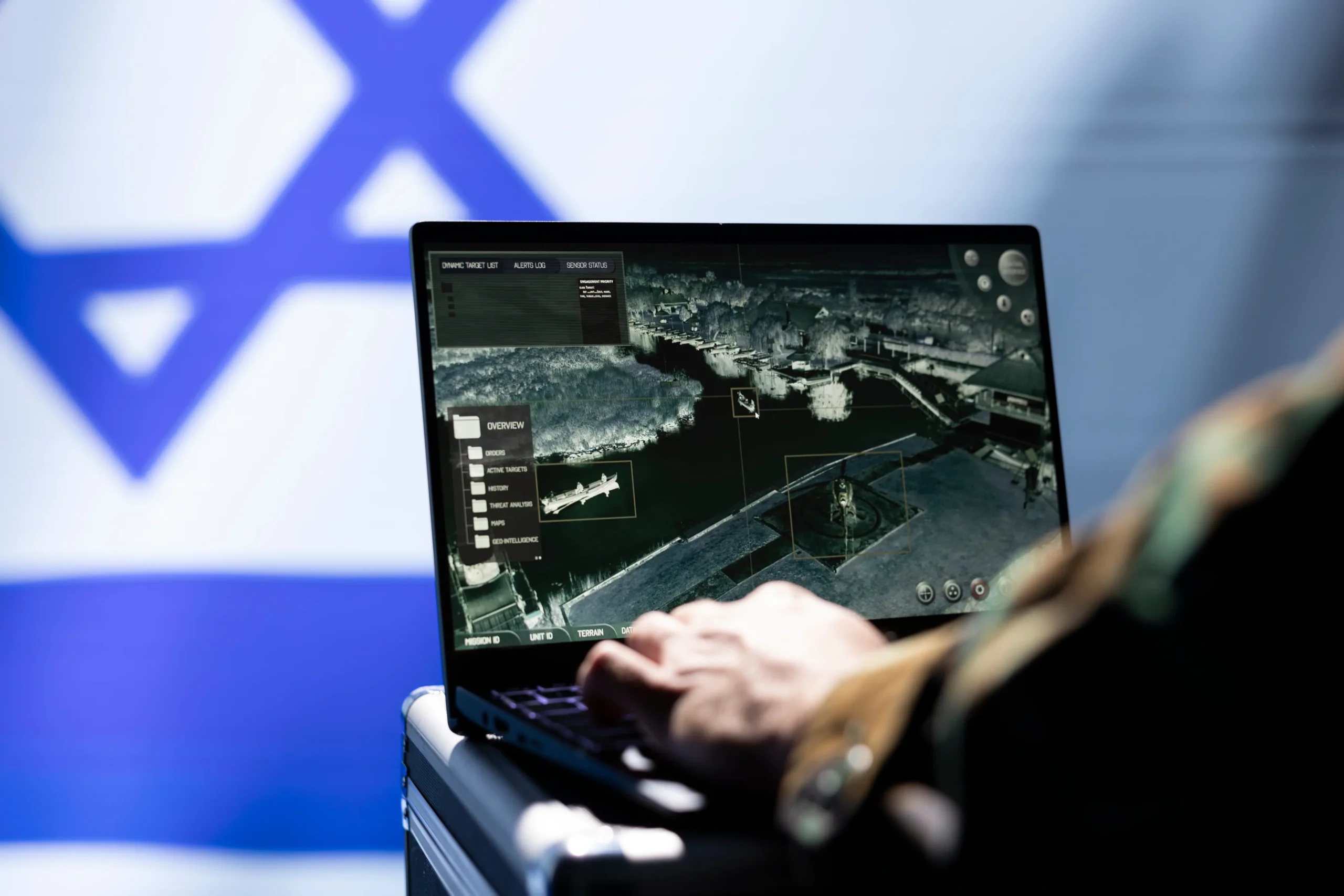
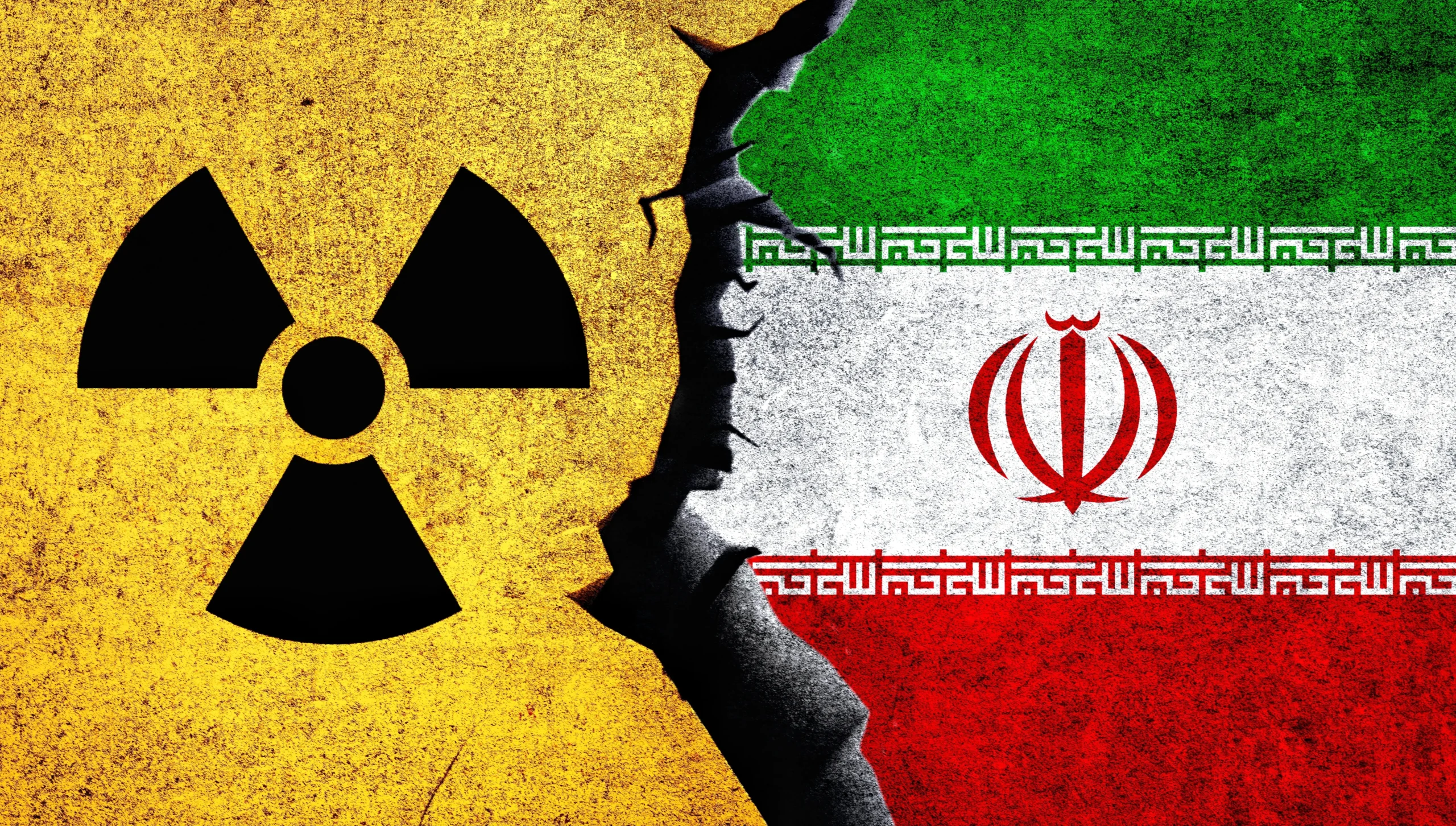
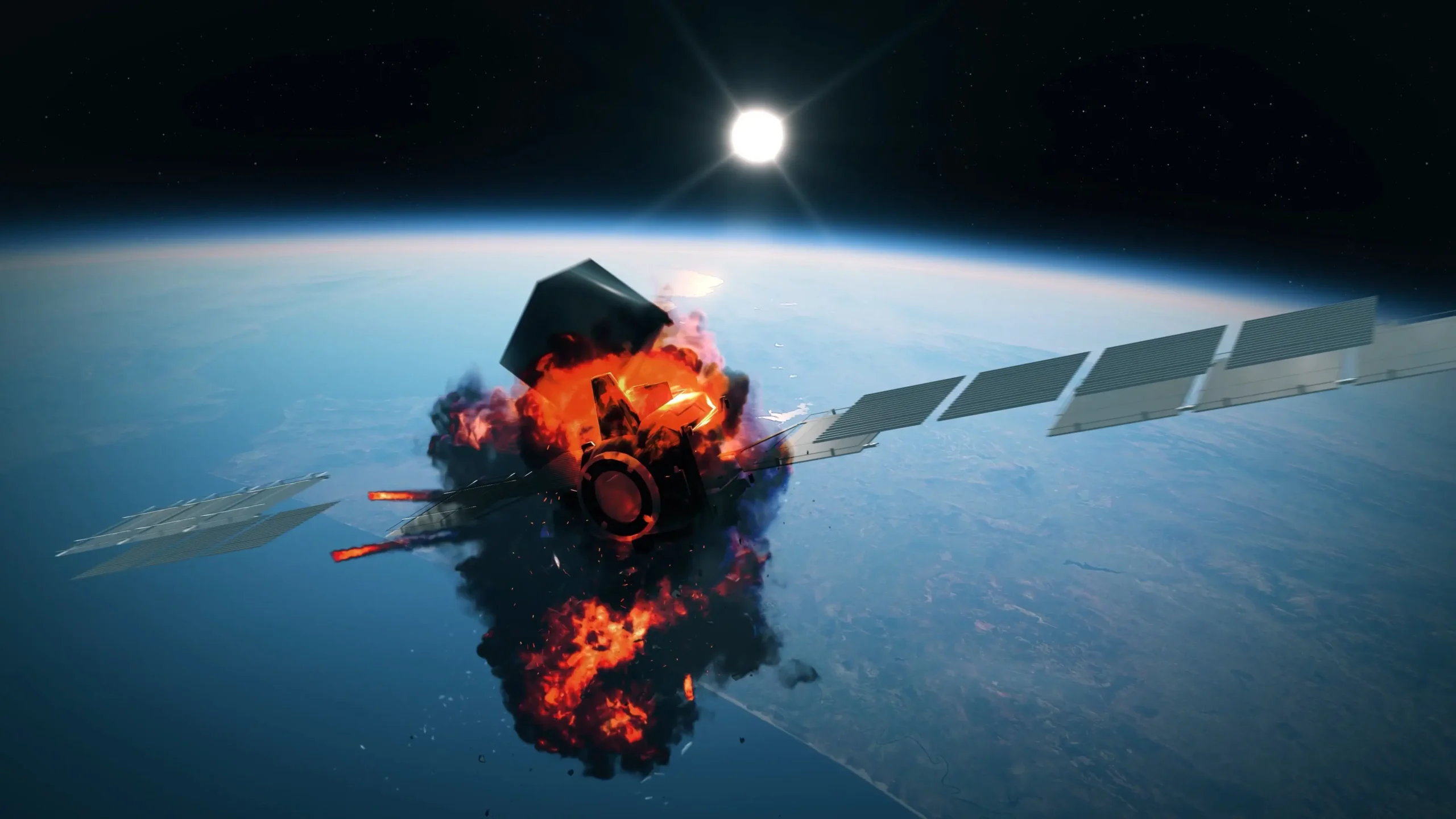
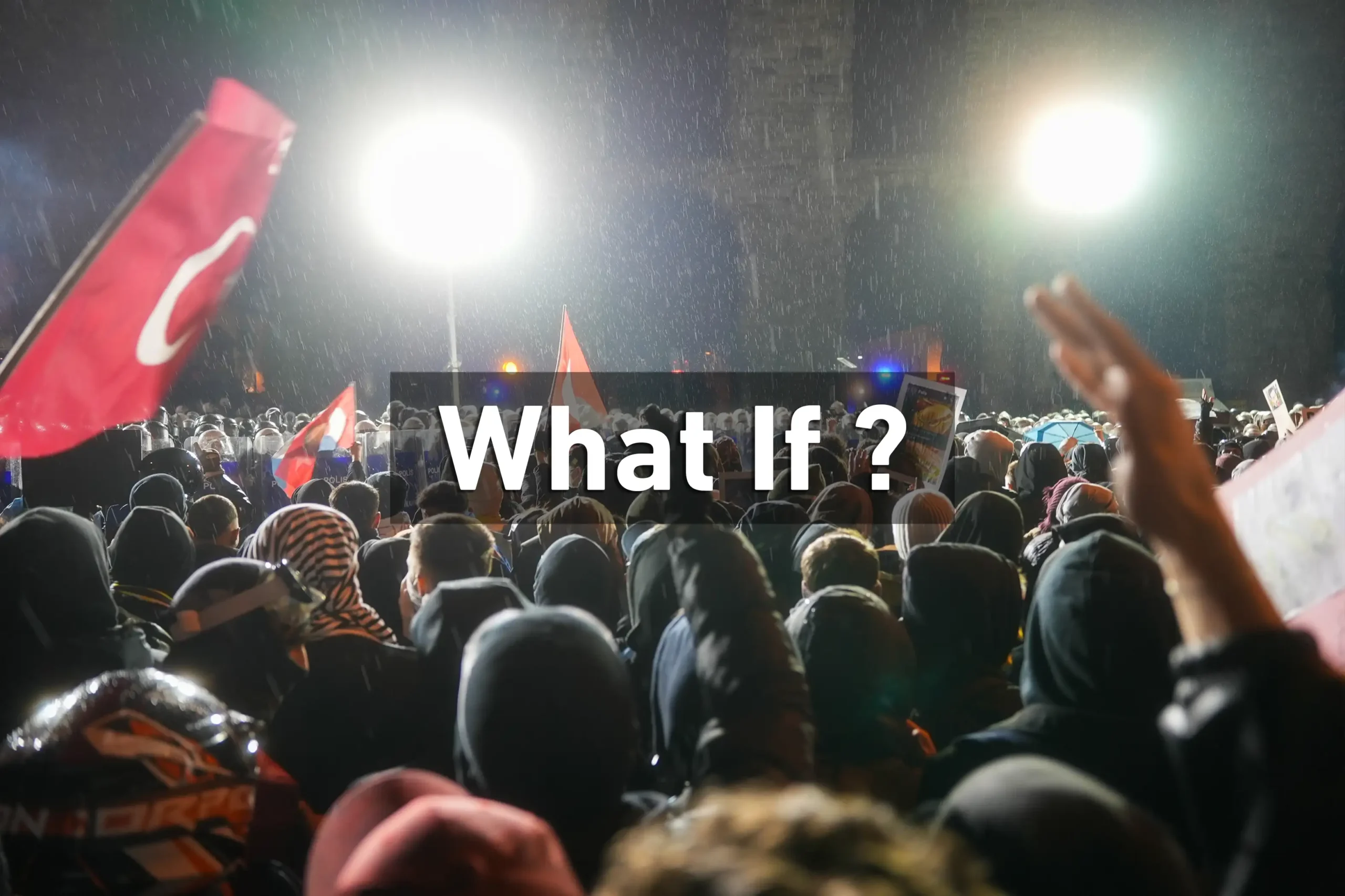

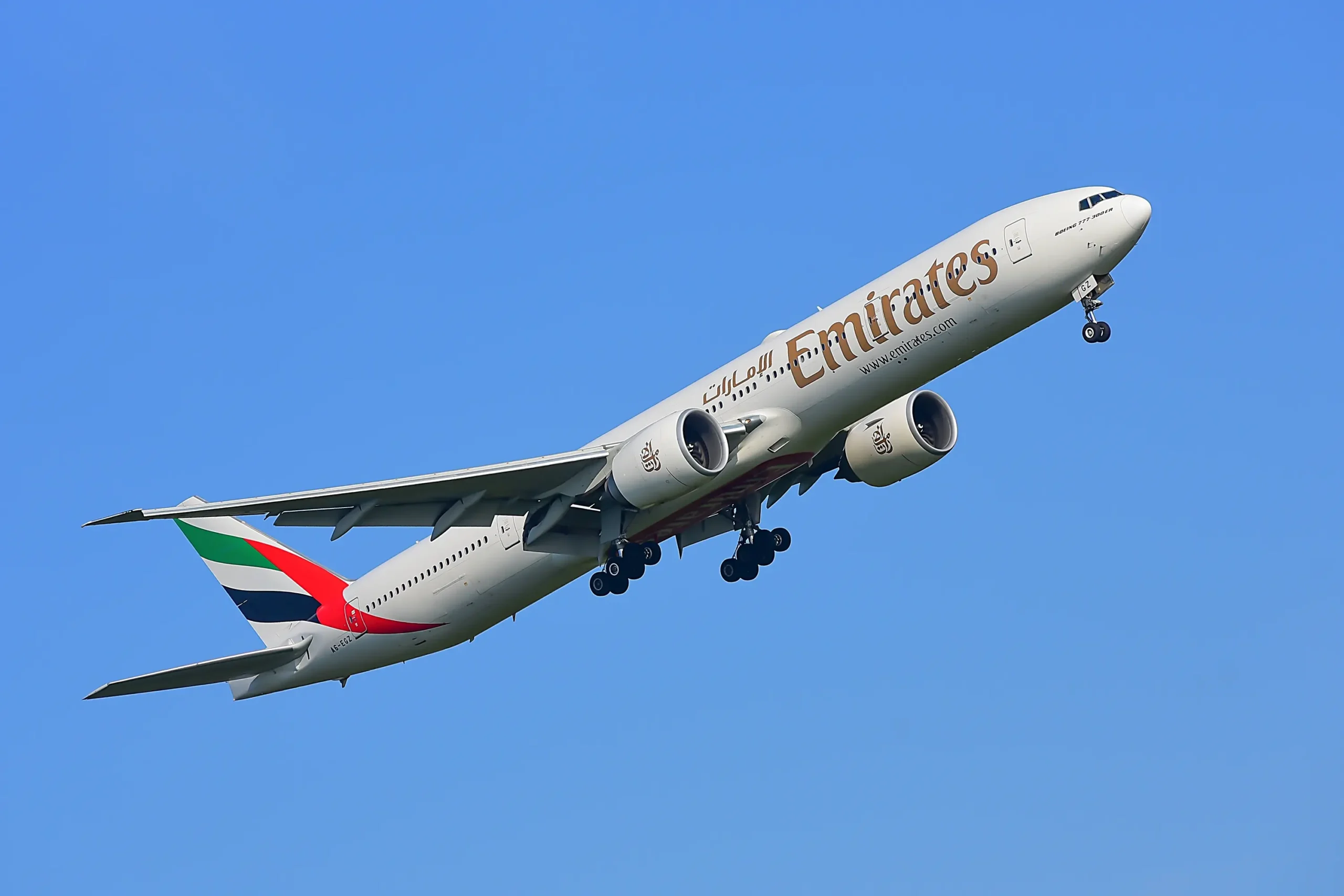
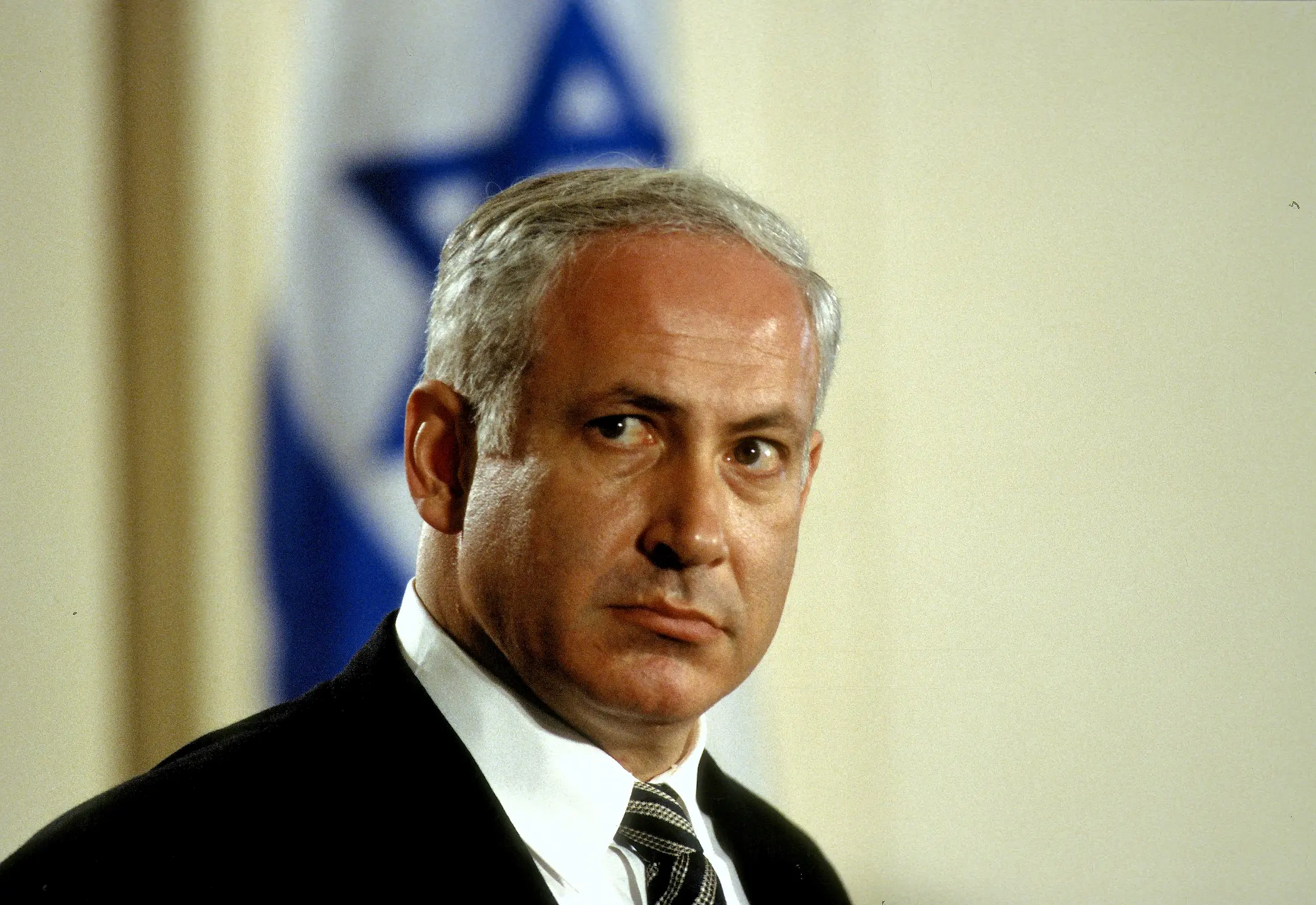
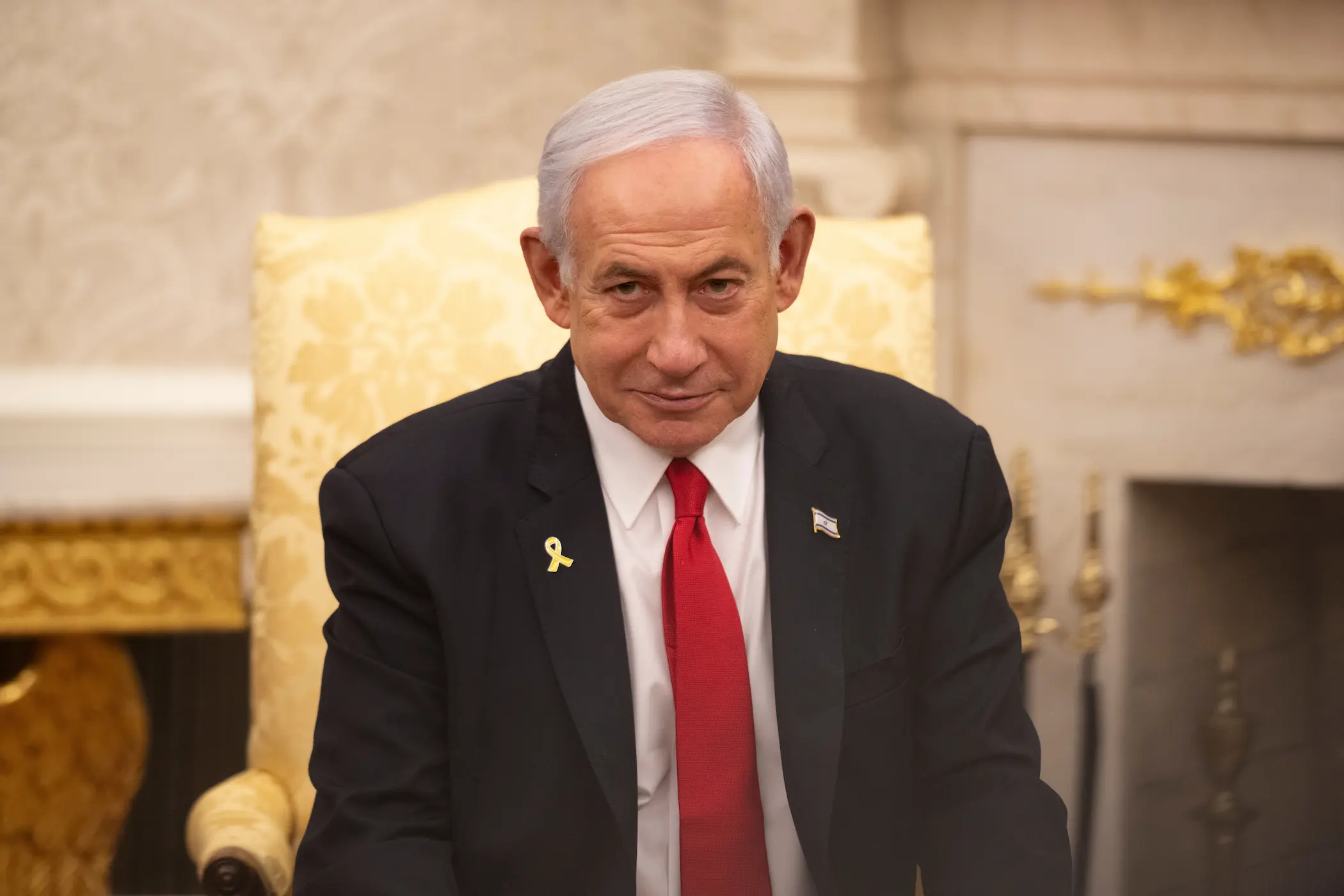
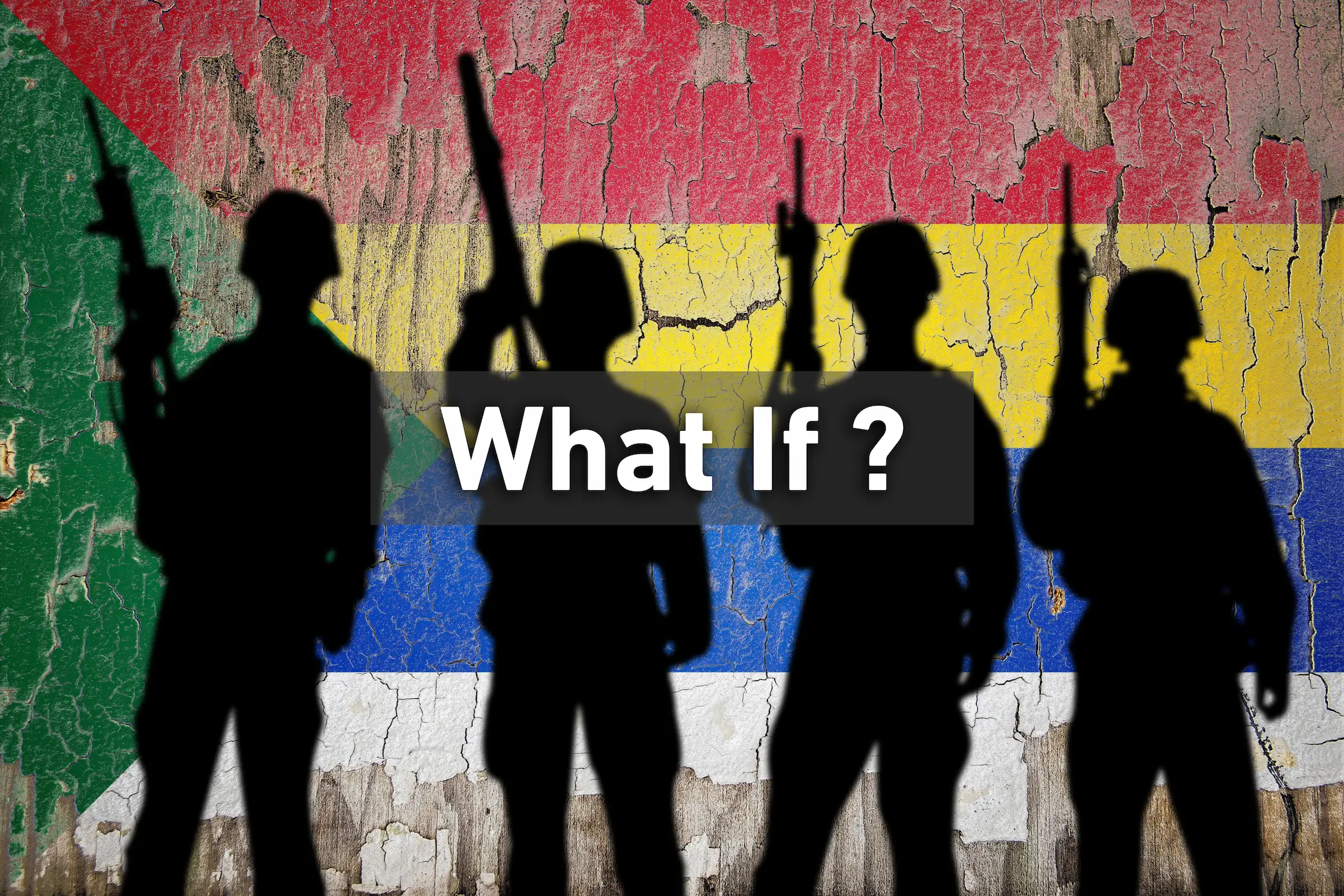

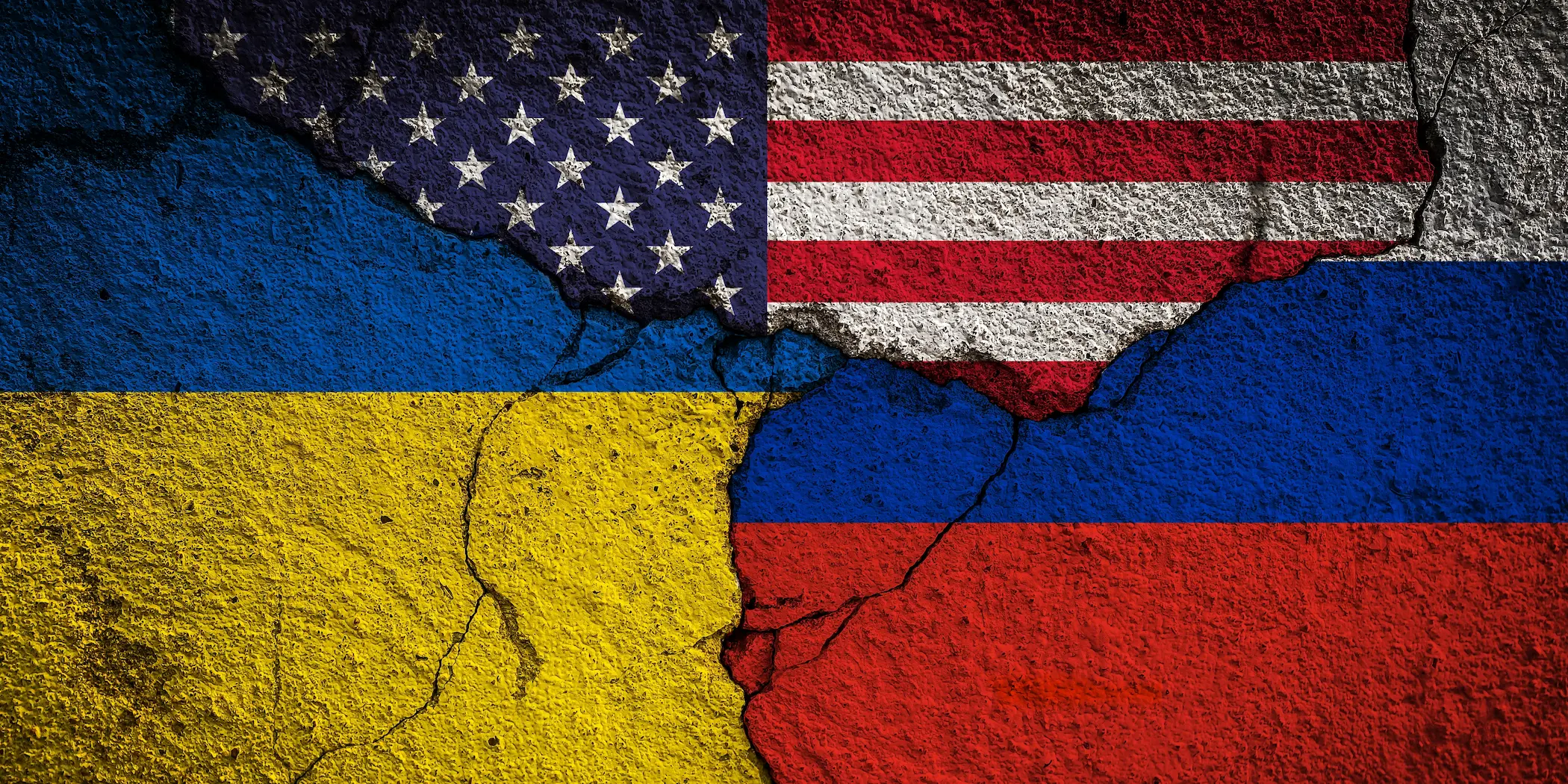
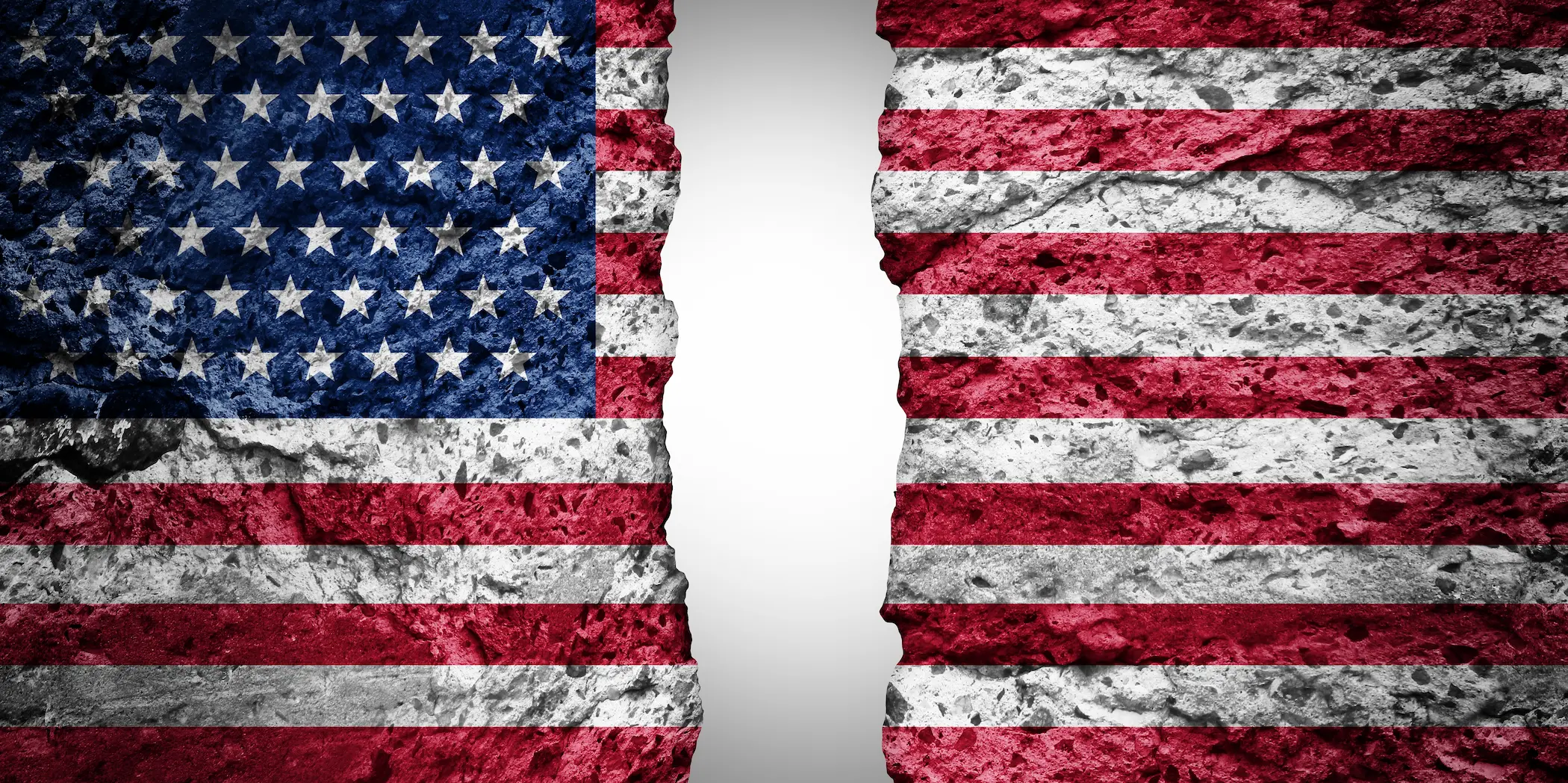

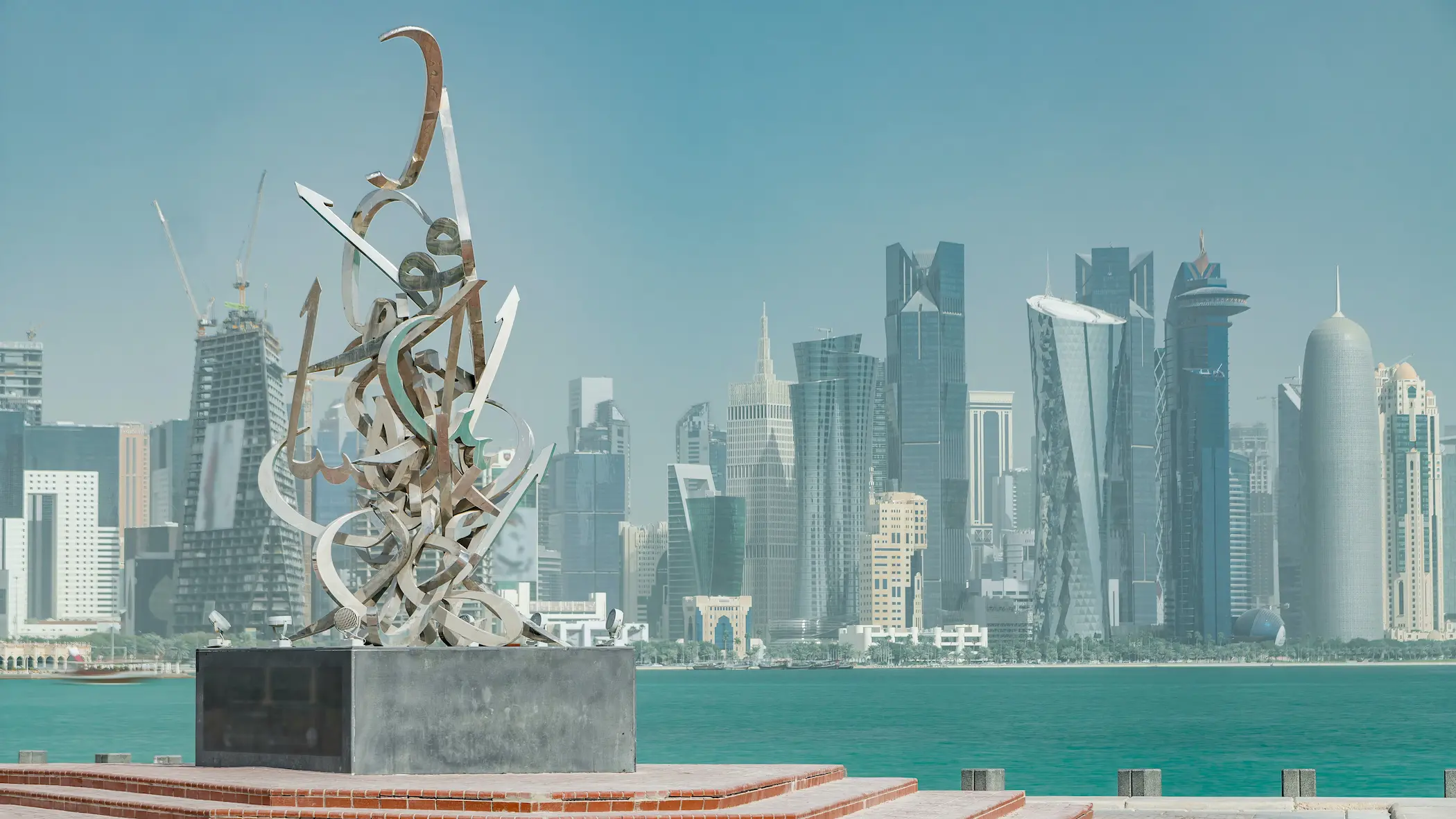
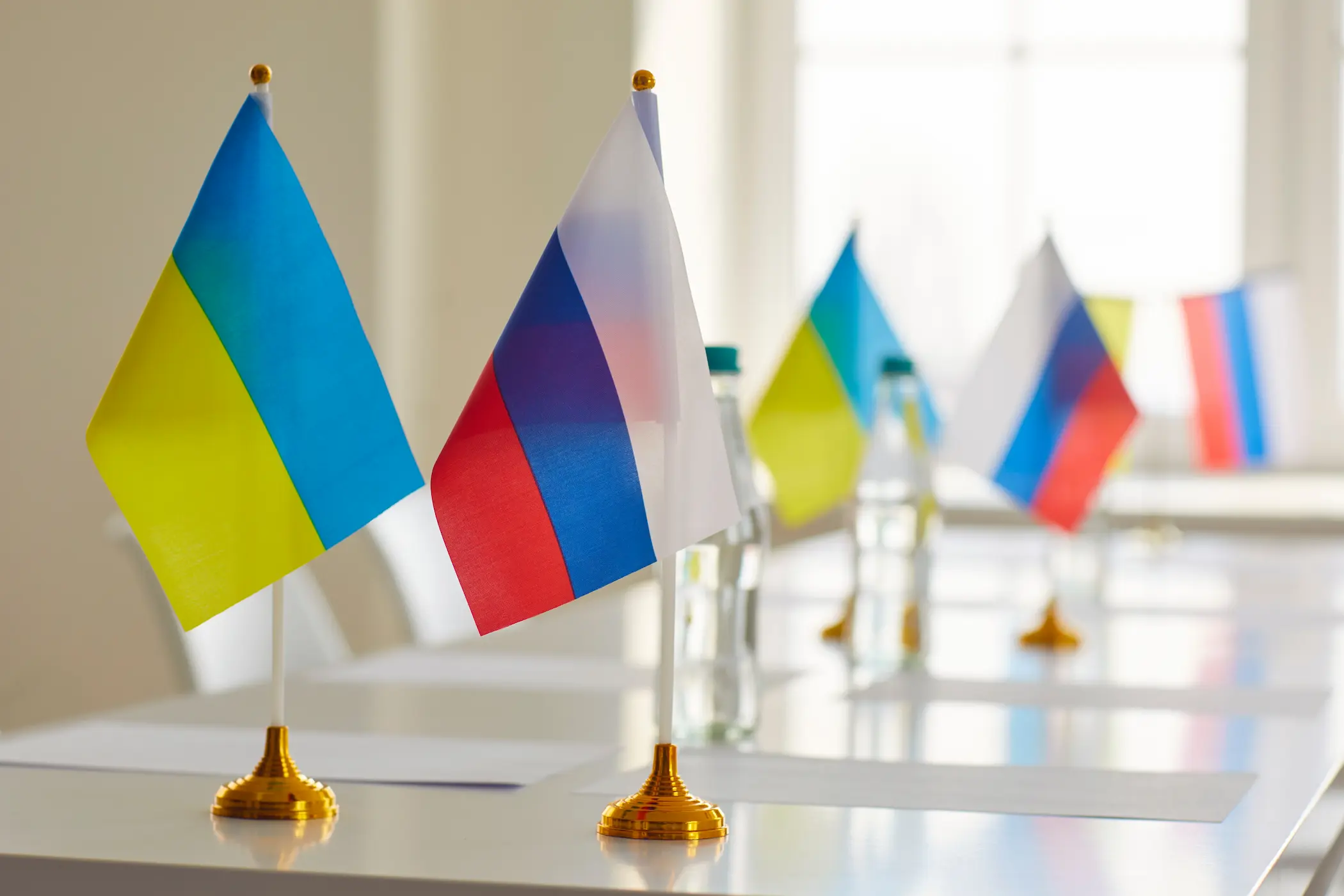
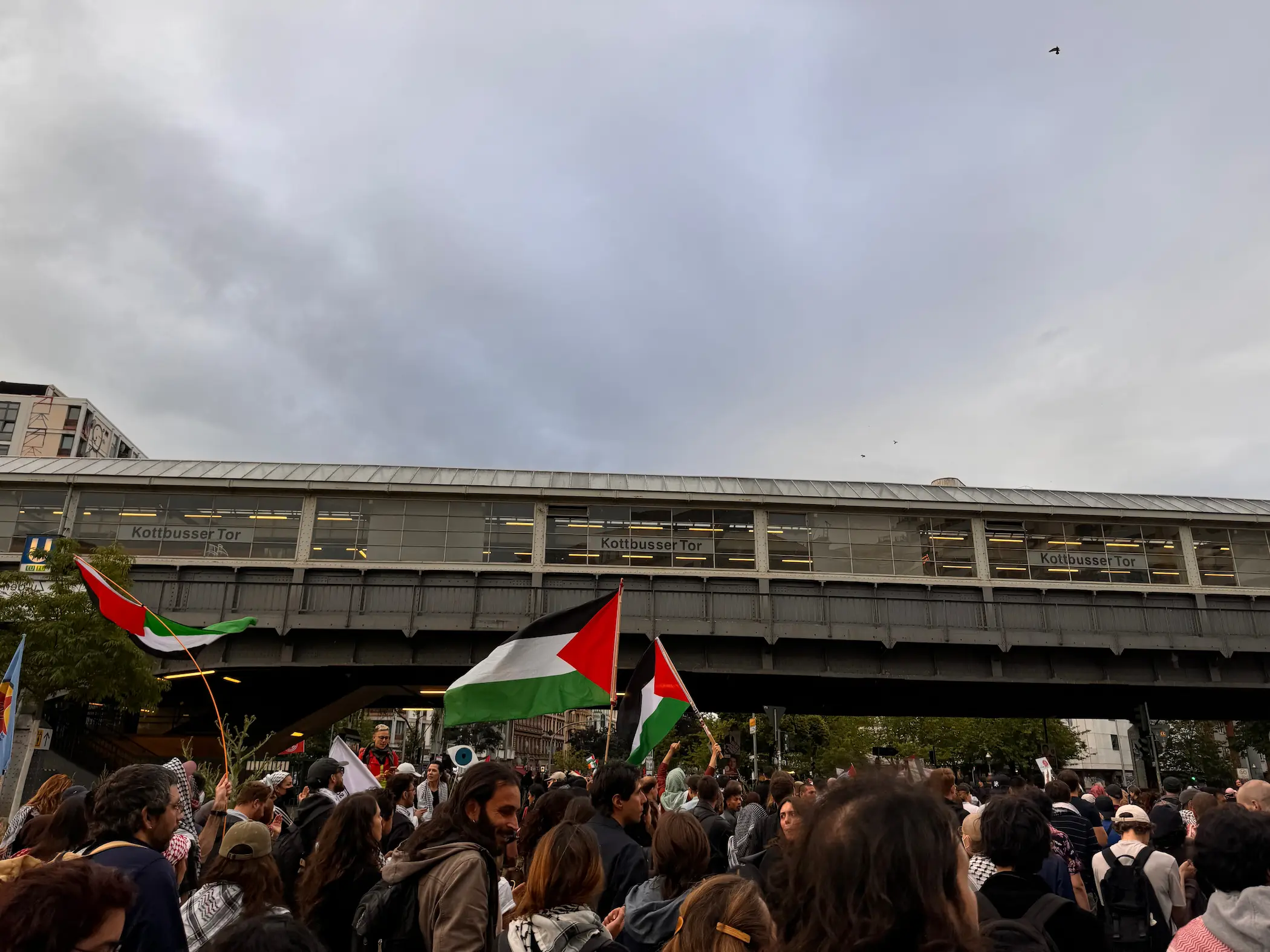
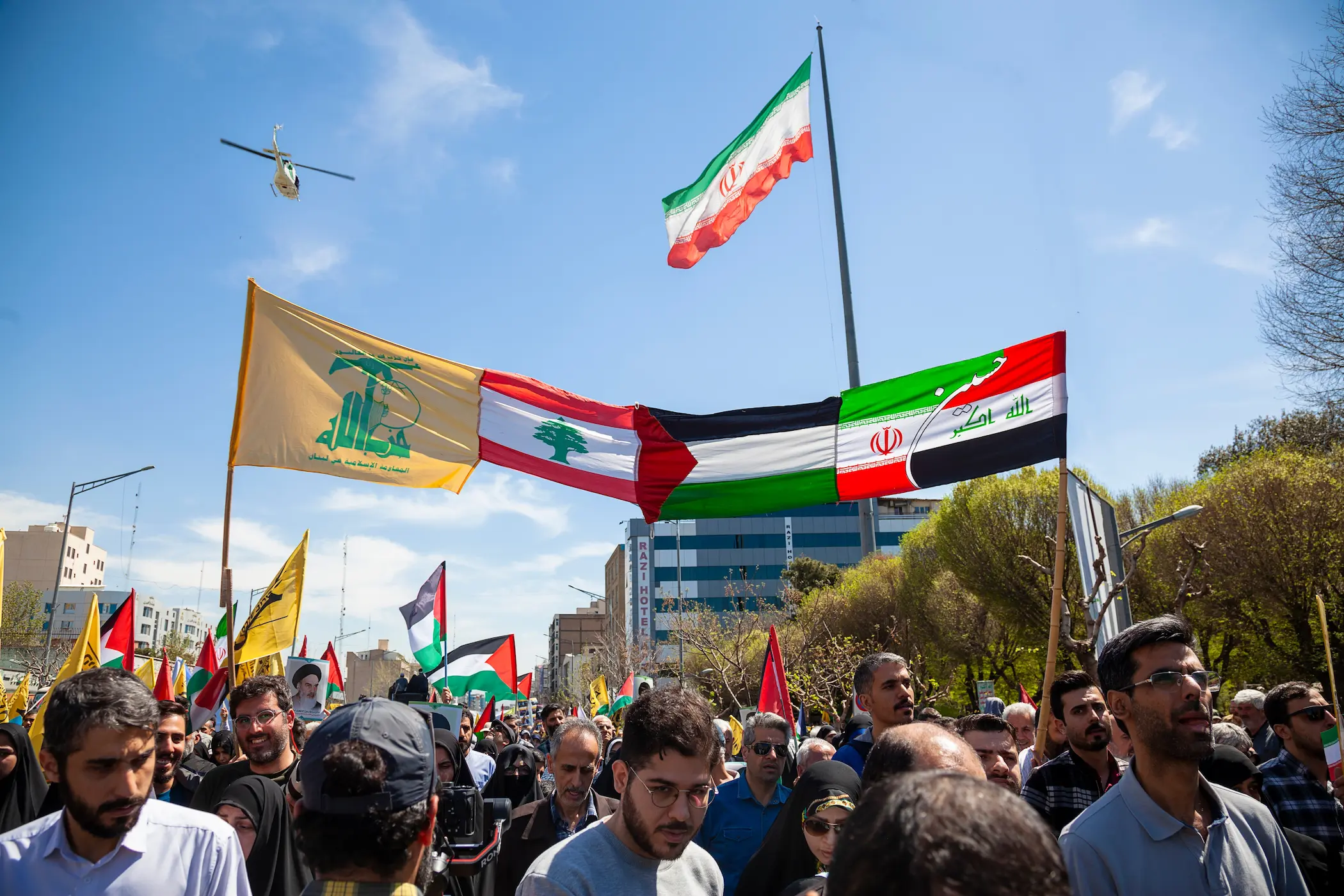
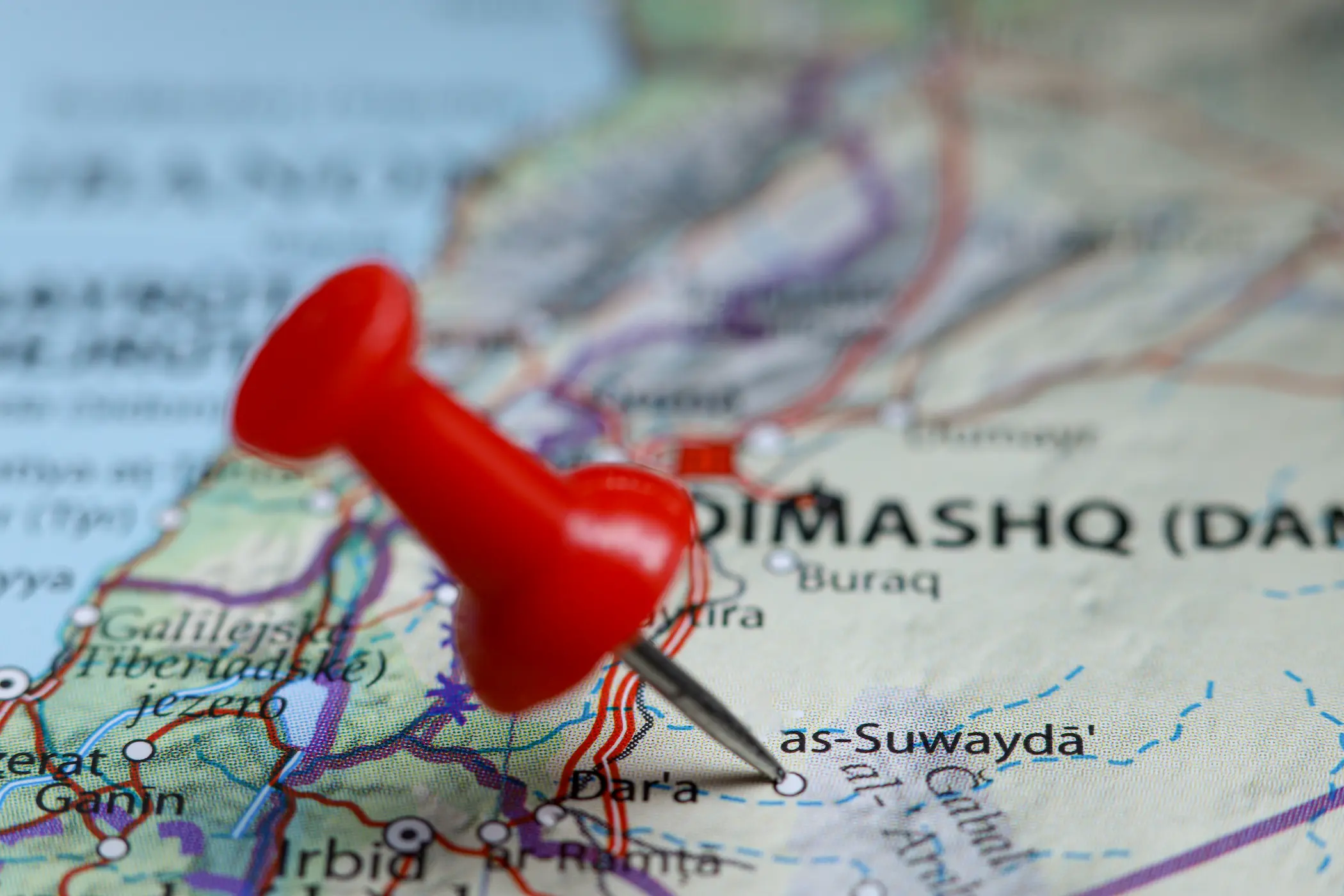

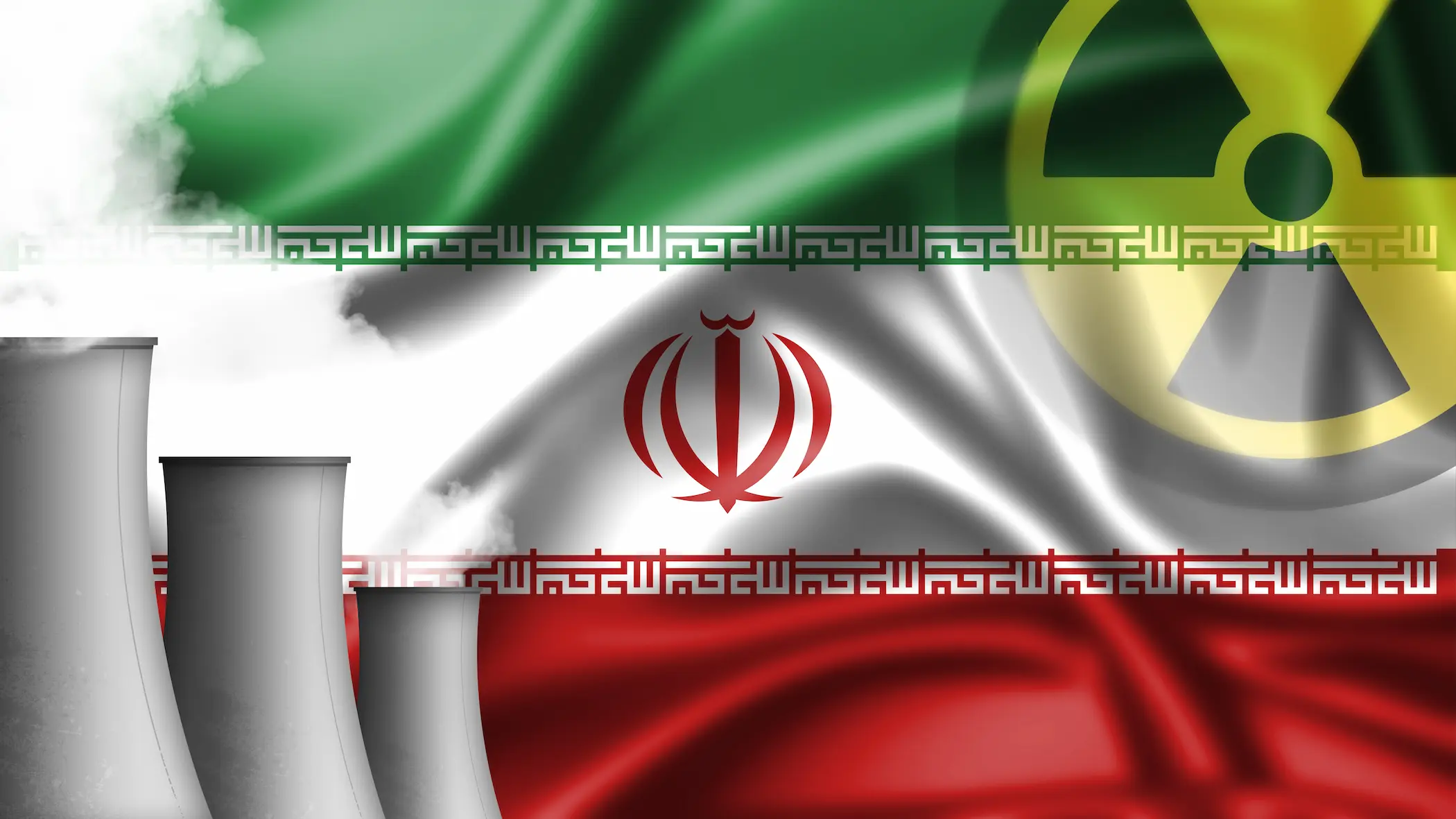

Comments